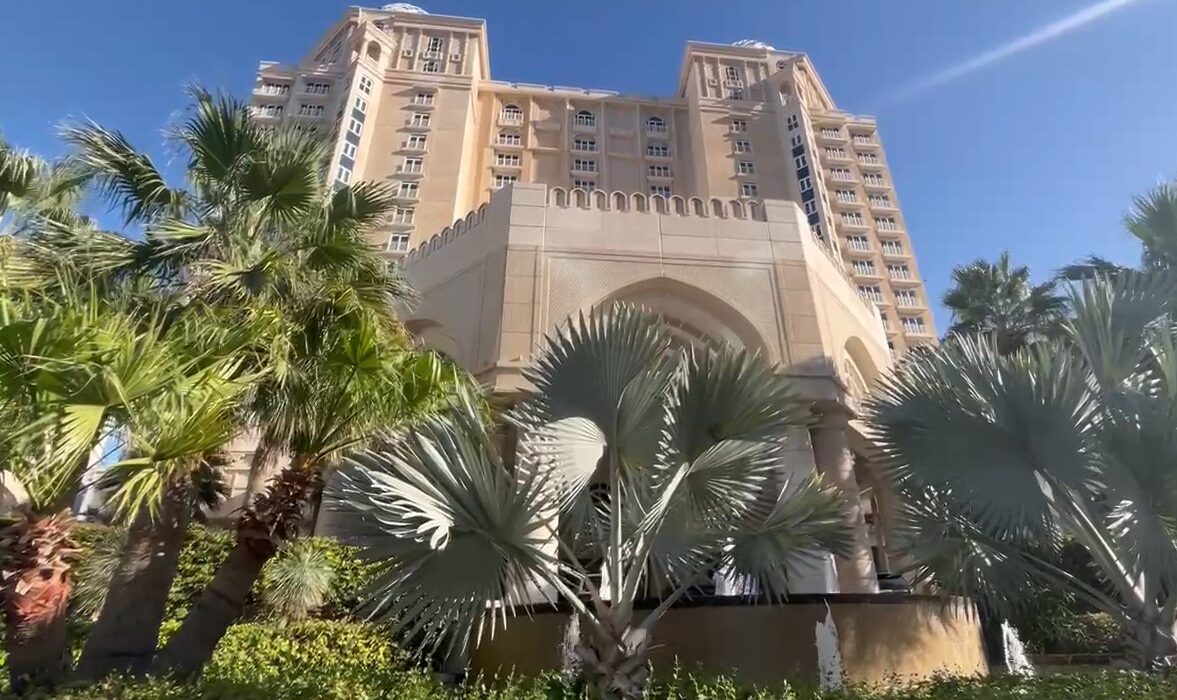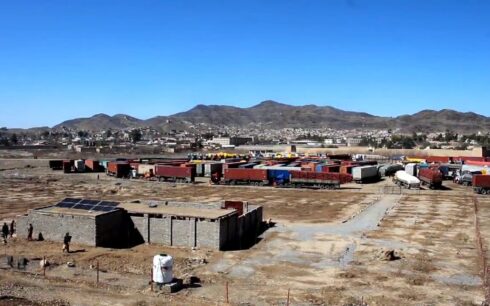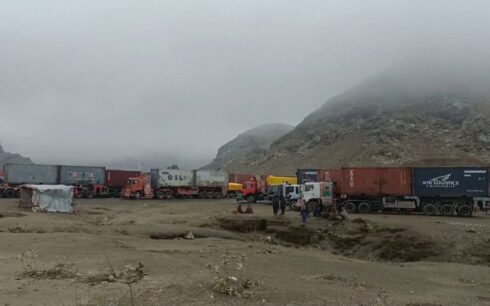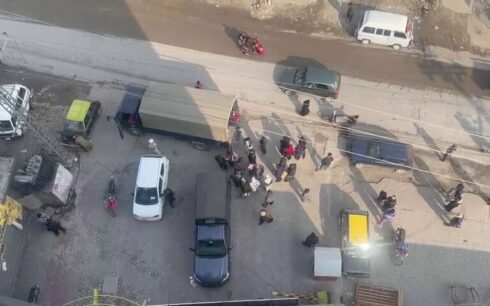Taliban spokesperson Zabihullah Mujahid said on Tuesday that the agenda and details of the upcoming Doha meeting have been shared with them.
Speaking with Amu, Mujahid stated that all aspects are under review and that they have not yet made a final decision on whether to participate in the meeting.
The third round of the Doha meeting, hosted by the United Nations, is scheduled to take place in less than a month, over two days, with the Taliban’s participation being conditional.
The Taliban’s Foreign Ministry mentioned that discussions on financial and banking issues, drug control, and climate change are part of the agenda agreed upon for the Doha meeting. They will decide on their participation upon receiving the final agenda from the United Nations.
“Overall, the agenda and details have been shared to some extent. However, they are still under review. We will share our decision once it is made,” Mujahid said.
Meanwhile, a report from the U.N. Security Council indicates that its members are considering the appointment of a special envoy for Afghanistan. If appointed, the U.N. Secretariat will define the envoy’s mission separately from that of UNAMA in an informal session. The report added that while China and Russia have questioned the value of a special envoy, the U.S. and the U.K. deem it necessary for international coordination with Afghanistan.
But what message does the Doha meeting hold for the Taliban?
Political analyst Tariq Farhadi commented, “In Doha, their leaders will neither be removed from Western sanctions lists, nor will they be recognized. The U.N. will not compromise on issues mandated by the Security Council, such as reopening girls’ schools and human rights.”
Despite independent U.N. assessments and U.N. Security Council Resolution 2721 recommending the appointment of a special envoy for Afghanistan to promote an inclusive government, improve human rights, and ensure women’s participation in governance, these topics do not appear to be on the agenda for the third Doha meeting. A Taliban Foreign Ministry official indicated that contentious issues would not be discussed.
To date, the U.N. has not disclosed the agenda or composition of the third Doha meeting. However, based on information from the Taliban, it seems that key elements of the independent U.N. assessment and Resolution 2721, which aimed to resolve Afghanistan’s political and humanitarian stalemate, have been sidelined.





